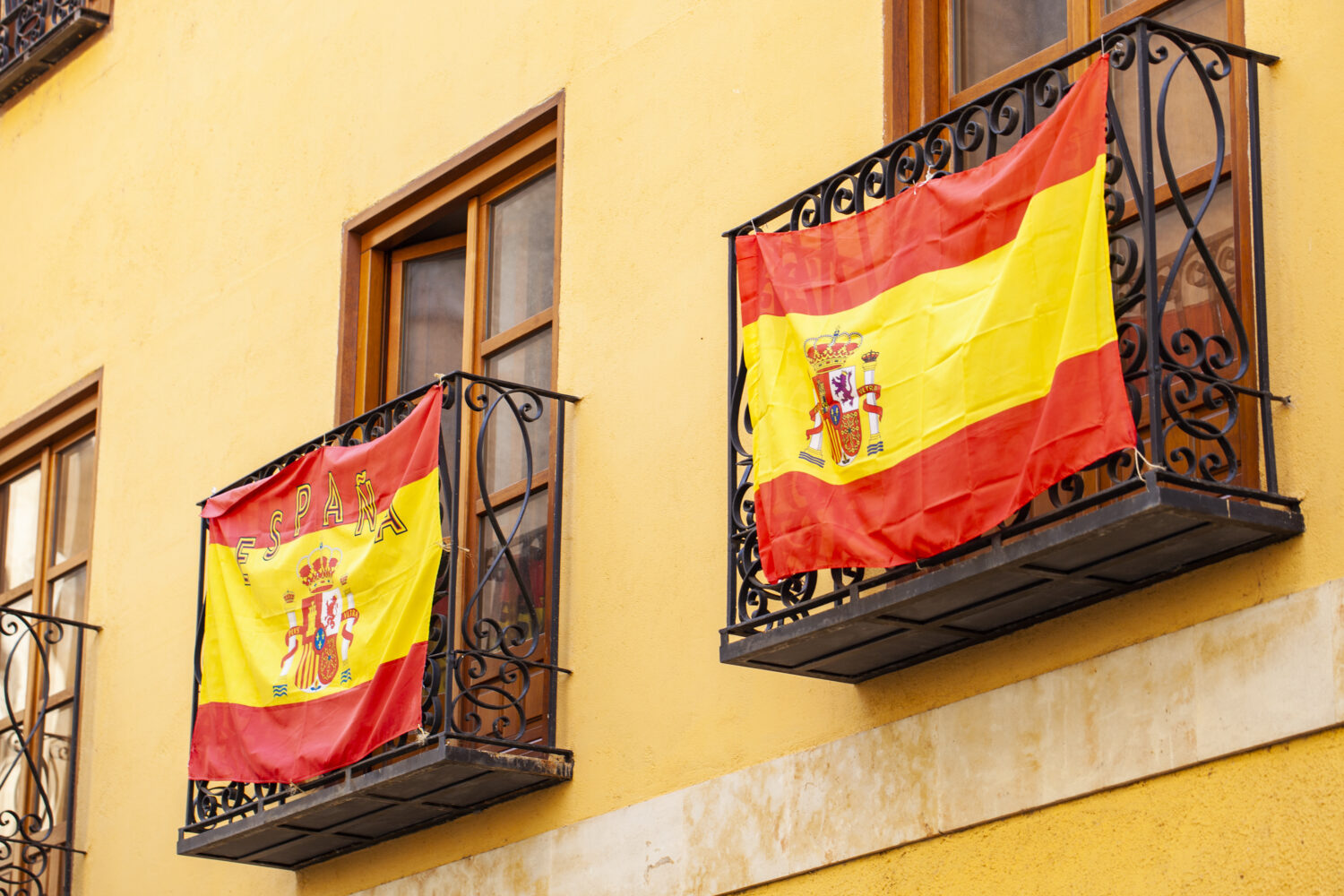What will I learn?
Through studying this course, you will develop the following:
- International-mindedness;
- Communication in a range of contexts and for a variety of purposes;
- An awareness and appreciation of a variety of perspectives of people from diverse cultures;
- An awareness of the importance of language in relation to other areas of knowledge;
- Opportunities for intellectual engagement and critical- and creative-thinking skills;
- A curiosity, creativity and a lifelong enjoyment of language learning.
What is the structure of the course?
Identities
Explore the nature of the self and what it is to be human.
Experiences
Explore and tell the stories of the events, experiences and journeys that shape our lives.
Human ingenuity
Explore the ways in which human creativity and innovation affect our world.
Social organisation
Explore the ways in which groups of people organise themselves, or are organised, through common systems or interests.
Sharing the planet
Explore the challenges and opportunities faced by individuals and communities in the modern world.
How will I be assessed?
Weighting
Assessment
External (75%)
Paper 1: One writing task from a choice of three – 30 marks
Paper 2: Listening – 25 marks, Reading – 40 marks
Internal (25%)
Individual oral assessment – 30 marks
The assessment outlines for Standard Level and Higher Level are identical; it is the nature of the assessment that differs. For example, for Paper 1 in Higher Level, the tasks set will require more complex language and structures and demand higher-order thinking skills.
Frequently Asked Questions
Which CAS opportunities are available?
There will be a range of clubs and extracurricular opportunities, such as Film Club, Literature Club and Cultural Studies. There will also be an opportunity to travel to a Spanish-speaking country to explore the diversity of the cultures of Hispanic origin.
Which opportunities for further study are available?
Spanish IB will prepare you for any course at University and any career, as you will develop strong communication skills which are necessary in our global world. Possible careers include: International, Business, International Law, Government, Foreign Service, Tourism, Media, Communications, Secondary/ Primary Education, Translation and Interpretation and Journalism.
Is there anything else I need to know?
- Spanish is the second most spoken language by native speakers in the world, with more than 400 million Spanish speakers in 21 countries.
- Spanish has emerged as the most important language for the UK in an analysis made by the British Council.
- Spanish can be used as a ‘gateway’ to learn other languages. Being a Romance language, it has many similarities to other European languages such as Italian, French and Portuguese.
- With an ever increasing presence in the global market, emerging economies in the Americas mean that the chance of work and business opportunities from Spanish knowledge (whether working directly for or dealing with such companies) is increasing.
- Knowing the local language can greatly enhance one’s experience, allowing them a greater understanding and appreciation of culture, history and the physical environment.



